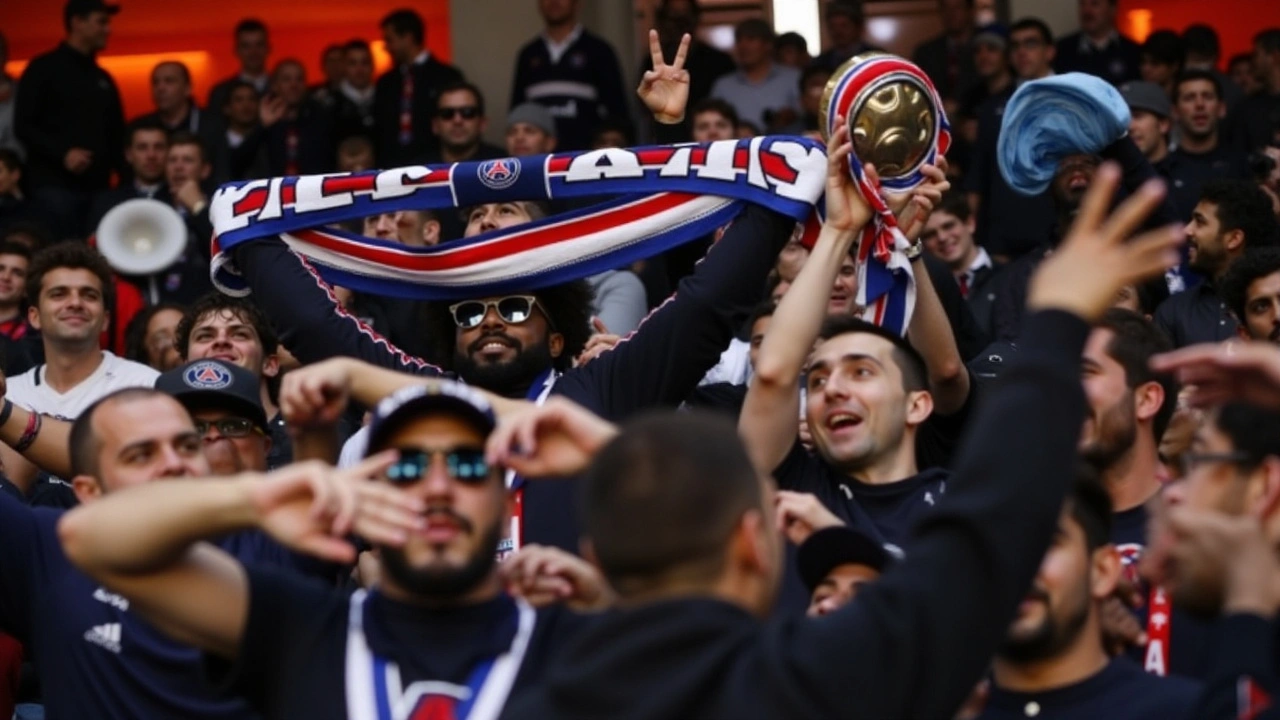Homophobic chants: what they are and why they matter
Heard a chant at a game or event that targets LGBT people? Homophobic chants are crowd shouts or songs that insult, threaten or dehumanise people because of their sexual orientation or gender identity. They aren’t just rude — they can cause real harm, make venues unsafe, and break laws or event rules. If you care about safety and fair play, you need to recognise them and know what to do.
Why homophobic chants are a problem
These chants create fear. People who are targeted may leave events, miss out on work or social life, or suffer mental health impacts. For organisers, homophobic chanting damages reputation and can lead to fines, stadium bans, or cancelled fixtures. Broadcasters and sponsors often pull support when venues tolerate hate. So stopping chants protects people and the event itself.
Not every noisy chant is hate speech, but if it calls someone slurs, encourages violence, or targets someone because they’re gay, lesbian, bisexual, trans, or queer, it crosses the line. Many countries and venues treat that as abuse or a breach of behaviour rules — and often there are penalties.
What you can do right away
If you hear homophobic chanting, think safety first. Don’t engage or escalate. Here are clear steps you can take:
- Alert event staff or security quietly and give a location and brief description. They’re trained to handle crowd issues.
- Record short video or audio if it’s safe to do so. Time-stamped evidence helps when reporting later. Don’t put yourself in danger to get footage.
- Report the incident to the venue after the event: email or use their official feedback channels. Include when, where, and any witness names.
- If someone is in immediate danger, call local emergency services. If the chant includes threats or physical attacks, it may be a criminal matter.
Fans have power too. If you feel safe, use your voice to drown out hate with supportive chants or applause for the targeted person or team. Organised fan groups can adopt codes of conduct and help police behaviour from inside the crowd.
Organisers should be proactive: clear stadium rules, visible staff trained in hate-incident response, and swift, public sanctions (e.g., ejections, bans). Public statements after an incident show victims they are taken seriously and discourage repeat behaviour.
Need support? Reach out to local LGBT organisations, victim support services, or human rights groups for advice and counselling. International groups like Amnesty International and ILGA provide guidance and resources that help when local support is limited.
Homophobic chants don’t have to be part of live events. With quick reporting, clear venue rules, and fans ready to act, we can make games and concerts safe for everyone. If you witness hate, take one safe step: report it, record what you can, and support the person targeted.
LFP Condemns Intolerable Homophobic Chants by Paris Saint-Germain Fans
The Ligue de Football Professionnel (LFP) has strongly criticized homophobic chants during Paris Saint-Germain’s match against Strasbourg, highlighting the ongoing battle against discrimination in football. The chants were aimed at Marseille and ex-PSG player Adrien Rabiot, who moved to Marseille. Despite requests to stop, the chants continued, prompting further investigation by LFP’s disciplinary committee.
